Rethinking disability and inclusion in primary schools
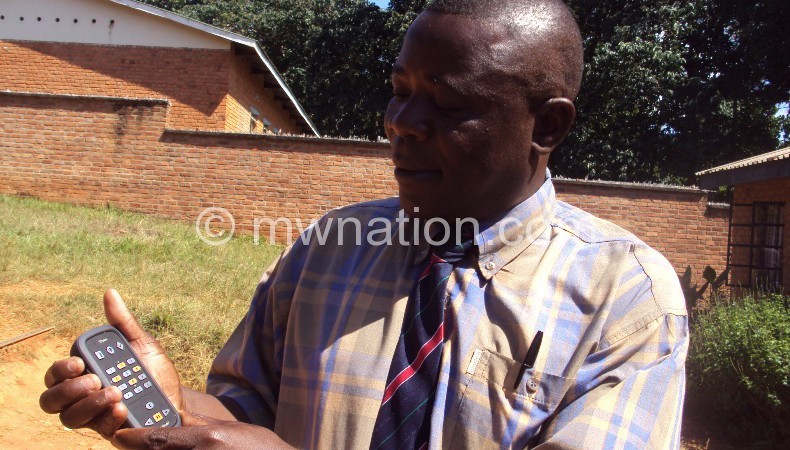
The mere fact that Peter Munthali teaches children with disability at St. Maria Goleti Primary School in Nkhata Bay is enough reason for him to suffer discrimination just as his pupils. The school has adopted inclusive education where learners with disability learn alongside those without as per government’s National Policy for special needs education (SNE).
But before they are brought to the mainstream, learners undergo training at the school’s resource centre where they are trained in how to use braille and other devices.
Teachers at St. Maria Goleti, however, have not embraced fully the initiative for inclusive education.
“The problem is that teachers in the mainstream are not interested to learn basic skills in special needs. As a result, there is a lot of stigma when teaching the disabled pupils.
“I have heard some of them say ‘ana a Munthali awa’ (these are Munthali’s children), meaning that they would not waste their energy in teaching the disabled. But I am from Karonga; I am here specifically for the job as a special needs teacher,” says Munthali, who heads the resource centre at the school.
As proof, Munthali says most of the teachers at the school do not know how to use Victor Reader, a device which contains audio books for the visually impaired.
The school was provided with five of these devices by Montfort Special Needs Education College.
“It’s only one teacher from the mainstream who frequently comes to learn how to use these devices. But most of them do not come,” he says.
This is one of the numerous challenges St. Maria Goleti encounters in SNE, according to a baseline survey conducted at the school in March this year by Montfort College.
Other challenges include lack of knowledge and skills in SNE, lack of corroboration with parents and other stakeholders in SNE, poor sanitation facilities for learners with disabilities, lack of government’s commitment in SNE, lack of accessible infrastructure, lack of resources and lack of commitment on the part of teachers.
With funding from the Scottish government, Montfort College is implementing a project called Equitable Access to Education by Children with Disabilities in nine schools across the country.
These schools are in Ntcheu, Dedza, Dowa, Nkhotakota and Nkhata Bay.
In Nkhata Bay, the project is being implemented at St. Maria Goleti and Bandawe primary schools.
The purpose of the project is to improve SNE through increased access to and quality of education for children with disabilities, and facilitate corroboration among stakeholders.
This is in line with the Malawi Policy Investment Framework for Ministry of Education, Science and Technology which wants to increase participation of marginalised children in primary education.
The policy demands for improved design of buildings as well as modified curriculum, and inclusion in order to suit the needs of learners with disabilities.
The policy further wants the country to have enough qualified teachers, teaching and learning materials as well as classroom blocks.
However, inclusive education in Malawi has a long way to go because most teachers lack knowledge and skills in SNE, according to Montfort project manager Dannie Soko.
He says institutions of higher learning are not doing enough in promoting SNE.
“For instance, Montfort College was opened in 1968. By then it was training special needs teachers from Botswana, Swaziland, Lesotho, Zimbabwe, Ethiopia, Uganda, Kenya, Togo, Namibia and Madagascar.
“But people from all these countries have stopped coming here because their countries are now offering degree courses while we are stuck with certificates and diplomas,” he says.
Apart from Montfort, Chancellor College of the University of Malawi has a component of SNE in its education programme whereas the Catholic University has a degree course in SNE.
But principal education officer in the Ministry of Education, Mathews Kumpale, told The Nation recently that government has prioritised SNE in its programmes.
“We have introduced SNE in teacher training programmes. We are currently providing short courses to teachers that graduated without the SNE component. So far, we have been to 10 districts and trained almost 1 000 teachers,” he said.
Kumpale said government is scaling up intake at Montfort College from 100 to 200, with the aim of graduating 500 SNE teachers every year.
Despite these initiatives, St. Maria Goleti has three SNE teachers out of the 23 available at the school.
But Soko says their project wants to address this shortage by training 756 teachers and 383 community rehabilitation officers in the five districts they are implementing the project.


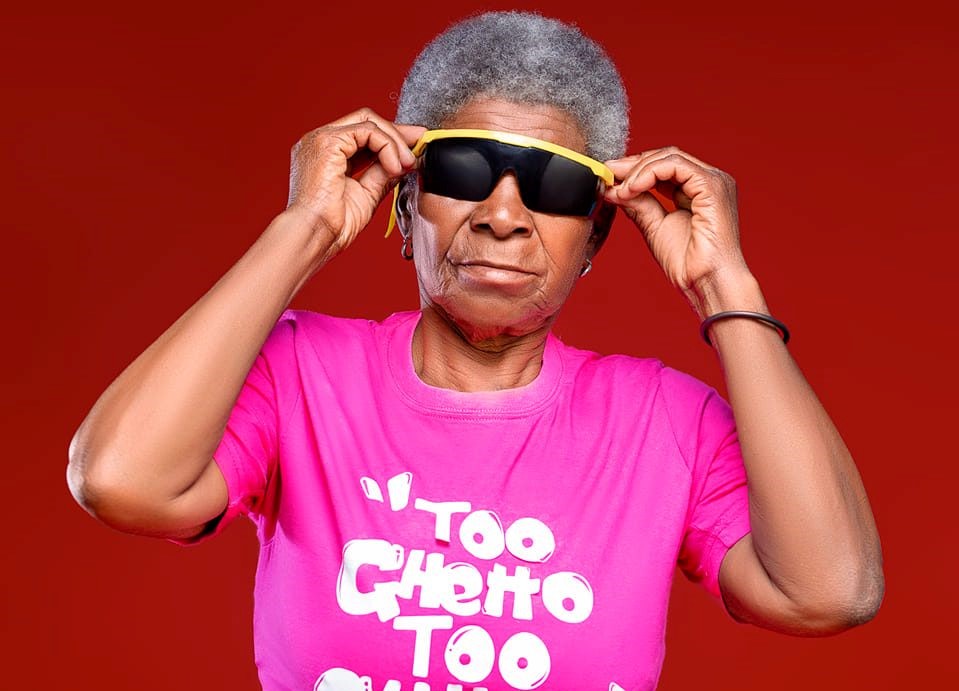
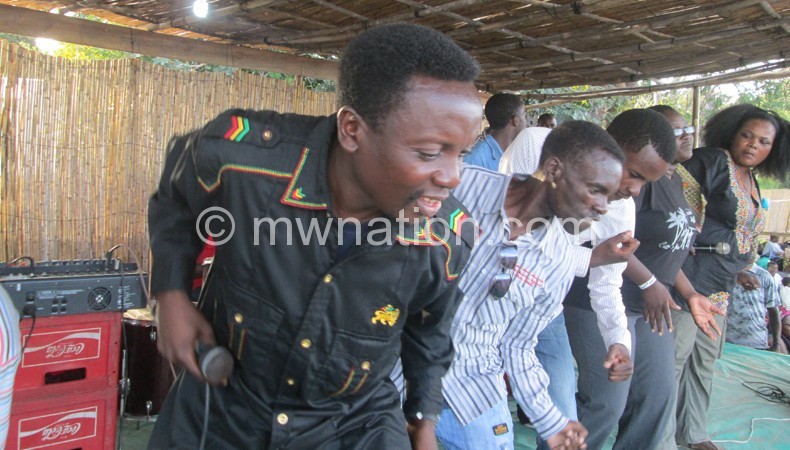
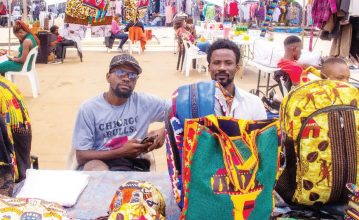
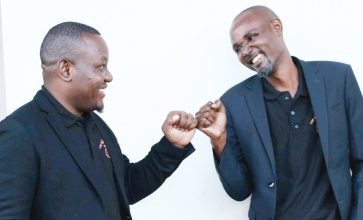
Gorretti not Goleti! eeish!